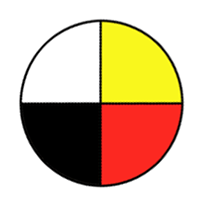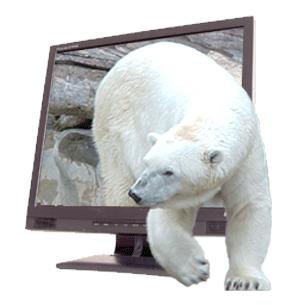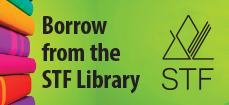Assess the importance of self-regulation and taking responsibility for one's actions.
| (a) |
Identify strategies for being calm and quiet/silent (e.g., deep breath, imagery, relax muscles, self-talk, smudging, reflection). |
| (b) |
Practise, in a variety of authentic contexts, being calm, quiet/silent, content, and free from extraneous external distractions. |
| (c) |
Recognize and describe varying levels of intensity of personal feelings. |
| (d) |
Reflect on examples when one did and did not "own" personal thoughts, words, and actions (e.g., lied to avoid consequences). |
| (e) |
Demonstrate the skills and confidences to admit "wrongdoing", apologize when wrong, and recognize ways to rectify mistakes or wrongdoing. |
| (f) |
Determine the automatic regulation that is often beyond our awareness (e.g., hungry – we seek food, fear – we prepare to fight or flee). |
| (g) |
Compare scenarios where individuals do/do not self-regulate and the impact on self and others. |
| (h) |
Examine the influences on self-regulation, including that which comes from adults in the environment. |
| (i) |
Determine that all choices/decisions have consequences. |
| (j) |
Analyze the rights that go along with personal responsibilities. |













A teacher's guide is available.

- Health & Wellness Grade 5. Teacher's Edition

